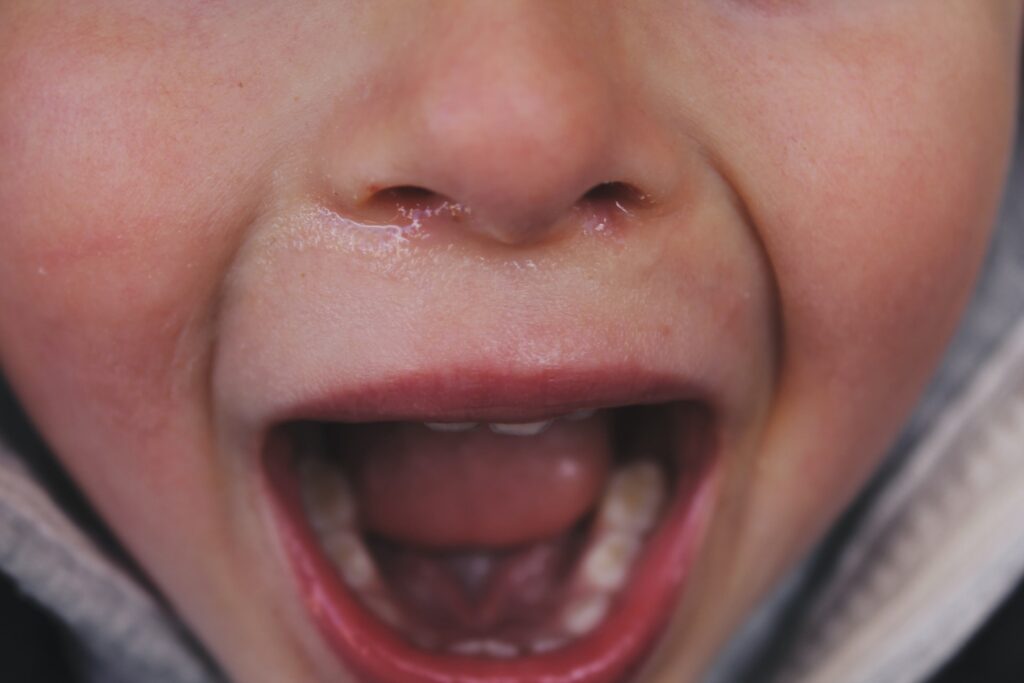How to Avoid After-School Meltdowns

Recently, I was talking to a friend about how the school year has been going so far for her 3 kids. She mentioned that the kids seemed to be adjusting well except for one MASSIVE thing. Her 6-year-old was coming home from school happy but after just a short time she would begin yelling, crying, and throwing things for what seemed like no reason at all. As I questioned her further about it, she admitted that the two older kids were also short and disrespectful with her and each other more often than usual after school.
What is the problem?
Children who have frequent meltdowns after school may be experiencing “After-School Restraint Collapse”. The term is coined by Psychotherapist Andrea Nair, the London, Ont.-based counsellor and parenting educator. Basically, our children have been suppressing their true emotions at school for 7+ hours to demonstrates good behavior. So, when they get home to their safe space, they can release all those emotions and built-up energy. Your child does not intend to have a meltdown, but this may be the only way they know how to release their emotions.
Many adults experience something similar. How many of us have come home from an exhausting day of work and freaked out at our partners or children for no clear reason? In fact, some adults still experience the after-work jerk syndrome because they never learned how to manage these emotions.
Obviously, we want to help our children prevent these meltdowns before they occur. I encourage you to create an afterschool routine that includes many of these solutions.
- Make a habit of reconnecting positively– When you see your kids after school, greet them with a smile and a hug instead of questions about homework or a to-do list.
- Replenishment after school– Whether they can identify it or not, kids are hungry after school. Assume this to be the case and set out water and healthy snacks like veggies, fruit, and cheese.
Find ways for your child to decompress– Create a calm environment where your child can regroup and sit quietly. Offer opportunities to express themselves through art. Do something physical, like take a walk or go for a bike ride. Observe how they self- calm on a “good” day. And make it part of the routine. Screen-time is OK as a last resort if it seems to work for your kids—IF you fill them up with some human connection first.
- Allow time and space after school– schedule playdates and afterschool activities later in the day to allow time for decompression.
- Send yourself to school with them- Find ways to stay connected throughout the day- notes in their lunchbox, a special bracelet or necklace, a picture of you together, etc. If your kids feel like you’re with them, supporting them through the day, they’re less likely to feel vulnerable, and later, angry with you for not physically being there.
- Reduce clutter and noise- For some kids, having a lot of stuff around them or too much noise can induce feelings of anxiety. Try to have them walk into a visually calm space when they get home.
The meltdowns are bound to occur from time to time. After all, emotions are a healthy part of who we are as humans. Here are some helpful hints to help you weather the storm once it has begun.
- Allow your child to release their emotions and validate their feelings– not easy when you’re managing more than one kid, and if you’re also trying to get a snack or dinner prepared but try to find a way.
- Try not to get triggered by it or take it personally- I know how hard that can be to do when insults are being flung at your face. But you cannot help them if you are also having a meltdown. Remind yourself that your child is having a tough time and that it has nothing to do with you. You have created a safe place where they can let their feelings out. And that’s just what they are doing.
- Wait for them to completely calm down before talking about it and wait for your child to come to you. Give them the lead to start talking. Then, you can ask about any emotionally intense moments that happened during the day. But don’t expect that having a conversation about it will prevent a meltdown tomorrow. Remember, a meltdown is an uncontrolled release of emotions they have been holding in all day.
Have you experienced after-school restraint collapse at your house? What have you found helpful to either prevent it or weather it successfully?











